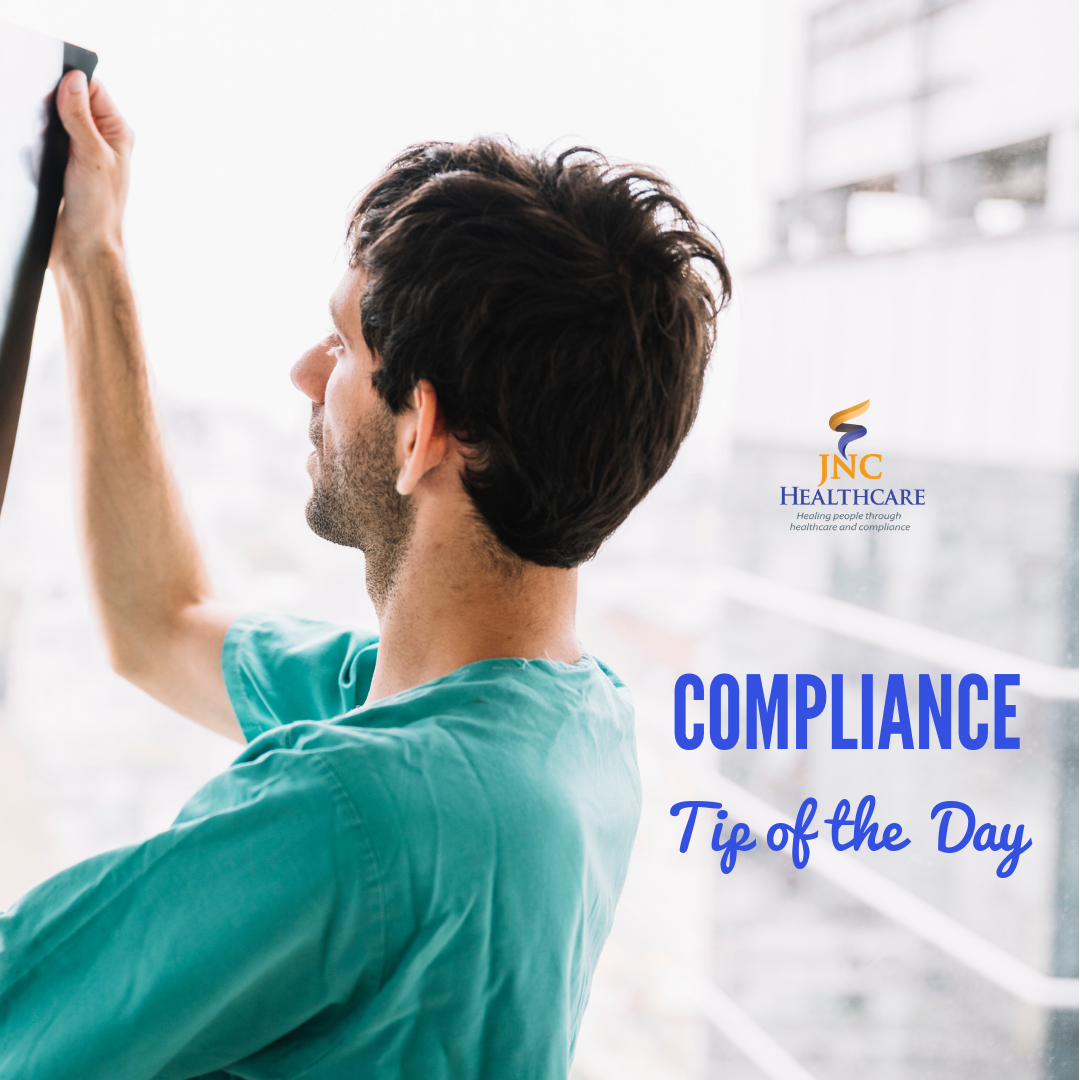
Data Breaches [Healthcare Compliance Tips]



Employee Engagement [Healthcare Compliance Tips]



Data Breaches [Healthcare Compliance Tips]



Employee Engagement [Healthcare Compliance Tips]
Laptop Security [Healthcare Compliance Tips]


Implement security measures on all laptops associated with your practice.
A report by Clearwater Cyberintelligence Institute found that laptops still pose the greatest risk for cyberattack within healthcare systems. They share:
- 9 percent: deficiencies in locked down external ports (i.e., USB, CD, DVD, firewire ports).
- 70 percent: endpoint data loss, excessive user permissions, and dormant accounts.
- 3 percent: deficiencies in storing data locally rather than via secure, virtual desktop software.
- 7 percent: deficiencies in data loss prevention tools.
As you can see by their findings, it’s easy to ignore laptop security especially if you are uncomfortable tackling a subject you lack knowledge in. As healthcare professionals, we aren’t asking that you become experts on the topic, but you should know enough to be able to have a conversation with your IT team.
Today, we challenge you to connect with your IT team and start with these questions, such as:
- What type of virus, spyware, and other malicious code protection is on our computers?
- Are our networks properly secure and encrypted?
- What type of education or trainings do you suggest our employees participate in?
- How often should employees change their password and what type of authentication should we consider?
- How do we need to back up our laptops?
Once your questions are answered, then you can create trainings, policies, and procedures around what you learned (i.e., mobile device plan, physical safeguards). Remember, if you take laptop security seriously, your team will follow right behind you.
**The opinions and observations from the group/author are not a promise to exempt your practice from fines and penalties. Research, modify, and tailor the advice to fit your specialty.









